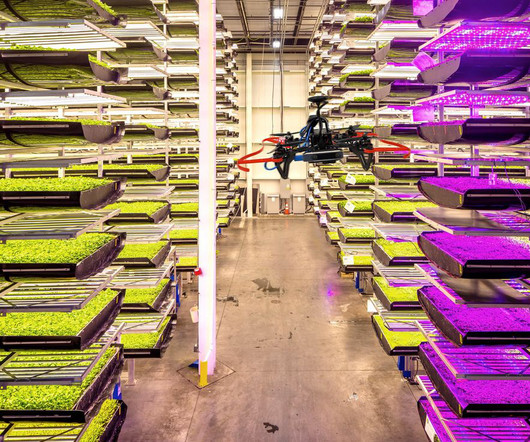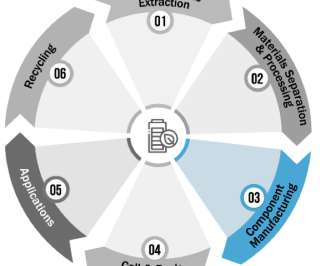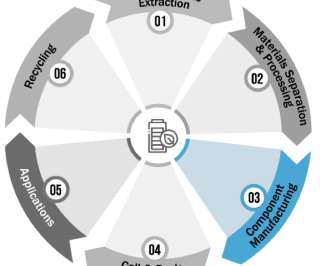Commercial dewatering enzyme could reduce costs of grain ethanol production
Green Car Congress
SEPTEMBER 12, 2011
The researchers found that the enzyme helps extract water from an ethanol byproduct used to make dried distillers grains with solubles (DDGS), which can be used as feed supplements for cattle, swine and poultry. Washington University in St. helped lead the study. and reduce natural gas consumption by 12%.













Let's personalize your content